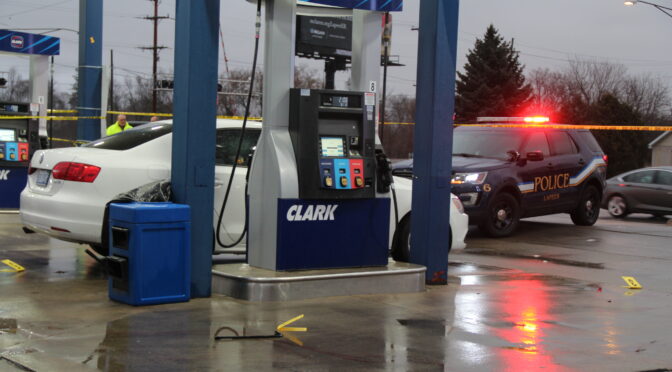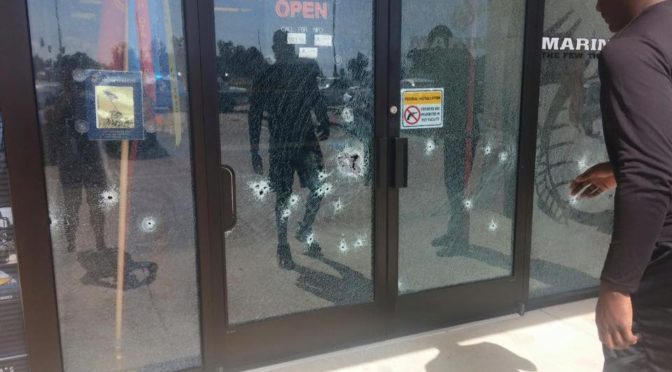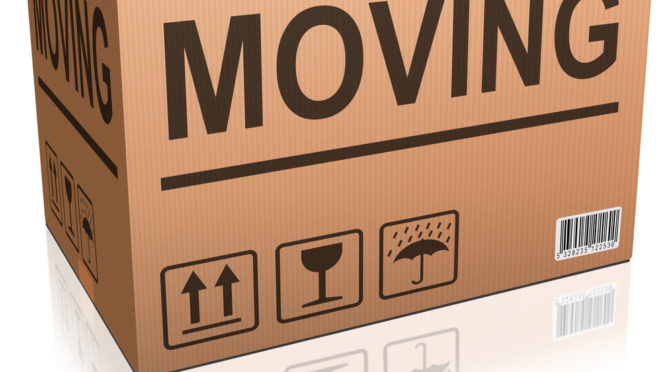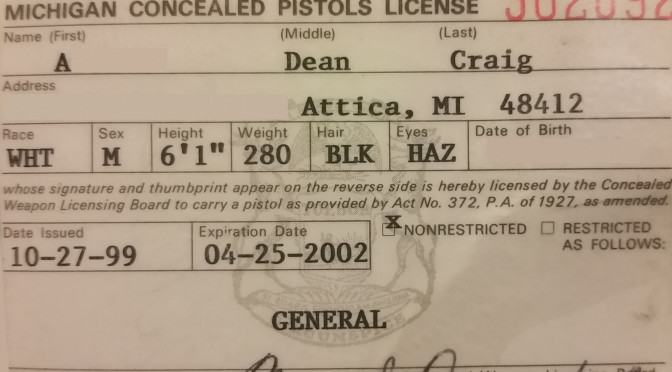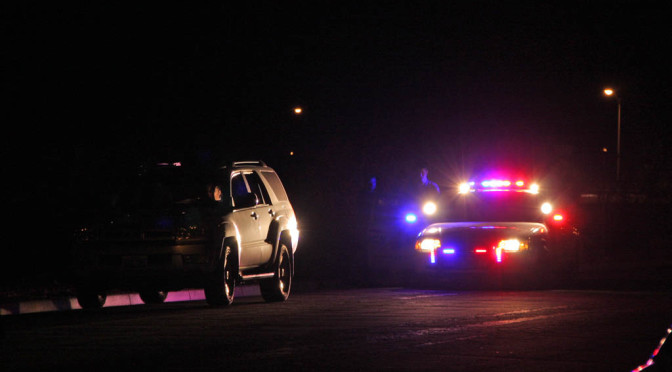Why was the Lapeer Clark Station Shooting 1st Degree Murder and not Self-Defence?
Photo Credit: (Roberto Acosta | MLive.com)
(The following description of the events was taken from various news sources, court documents, and prosecutor’s statements. We also interviewed a Jury member who was part of the trial and had seen the surveillance video and video of the police interview.)
On Monday, Dec. 30, 2019, sometime around 7:00 a.m. Jeffrey Lee Smith drove his car to the Clark gas station on M-24 in Lapeer to get gas, cigarettes, and a coffee. Something he had apparently done often.
Smith parked at one of the pumps towards the north end of the pumps (pump 1 or 2).
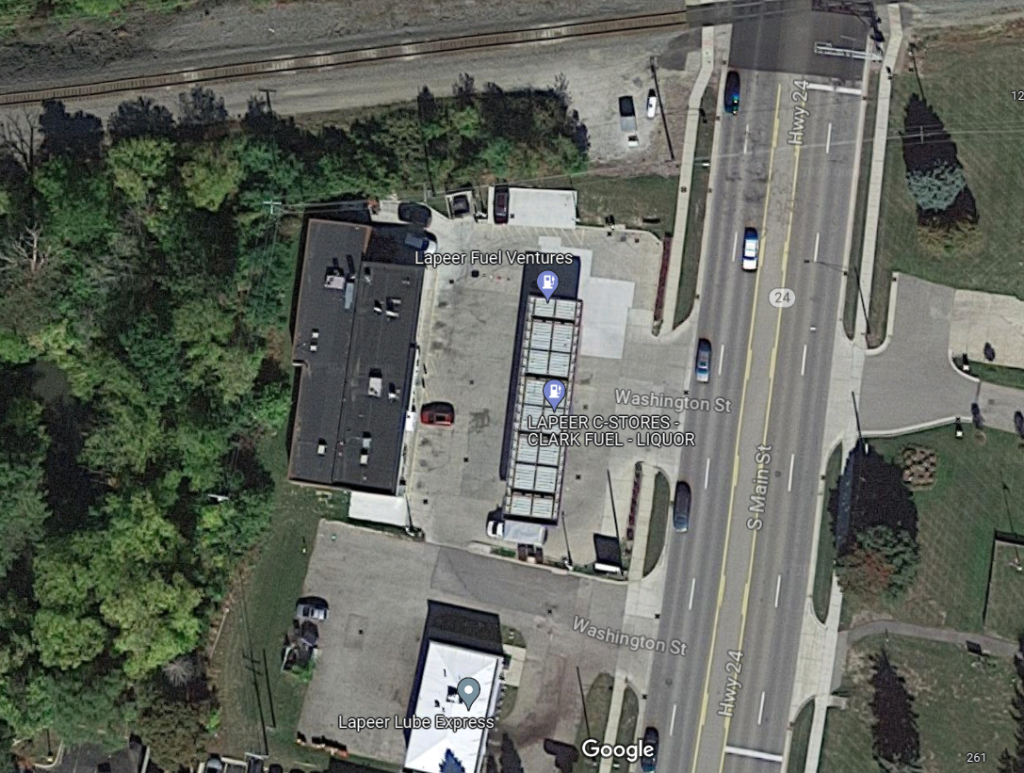
After going inside to pay, Smith attempted to leave via the north side of the east exit/entrance (one large drive with no traffic controls – see photo). As he pulled from the pump towards the road to leave the parking lot onto M-24 he appeared to use the left side of the drive, which inadvertently blocked the path of an incoming truck driven by Arthur Lee Kohn III and Kohn drove onto the grass to the north of the entrance and stopped his truck.
The men exchanged words while their vehicles were within feet of each other. Kohn stayed in his truck but Smith opened his door, stepped up briefly, then got back into his car and pulled on to southbound M-24. Smith later told the police that he had opened his door to hear Kohn because his window didn’t work and he had not exited the vehicle.
Kohn then proceeded into the lot, while Smith turned into the quick oil change place next door and continued back into the south entrance to the Clark station and next to pump 8 on the south end.
Smith (according to the statement he later gave police) had possession in his vehicle of a .38 Special revolver and had moved it from his center console to his jacket pocket after the initial altercation.
Smith, a valid CPL holder, claimed that he was coming back to ‘warn the employees’ about Kohn. He also admitted that after the verbal altercation with the victim, he took a .38 caliber Smith and Weston handgun out of his console and put it in his pocket ‘just in case.’
Legally (per Michigan law) he was in possession of the firearm the whole time – he did NOT leave to go ‘get the gun’ as had been misunderstood from media reports.
Kohn saw Smith and drove his truck across the lot, parking next to Smith’s passenger side (not blocking his path).
Smith, while still seated in his car with the driver’s side next to pump 8, appears to roll his passenger side window down and raise his hand toward Kohn with the firearm aimed in his direction.
Kohn then got out of his truck to approach Smith carrying a crowbar, but he was holding it to his side in a way that Smith could not see it (according to the store’s video and the statement given by Smith to Detectives, Smith did not know about the crowbar at this point).
Kohn reaches into Smith’s car with his arm and pushes the hand holding the gun away and Smith shoots him once, in the arm.
At that point Kohn brings up the crowbar and tries to swing it at Smith inside the car, possibly scratching him in the process. Smith shoots Kohn a second time striking him in the thoracic aorta.
Kohn then walks around the car to the driver’s side and strikes the car with the crowbar and Smith drives away to park by the building.
Kohn tries to walk towards the building but falls onto the pavement behind another parked vehicle.
Smith went inside the building and asked the clerk to call the police at 7:15 a.m.
Kohn died from the gunshot wounds. An autopsy also revealed that Kohn’s blood alcohol level at the time of his death was .14, and that he had been using cocaine.
Smith was interviewed by the police that day, claiming self-defense, and was released. He waived his right to an attorney.
After video evidence was reviewed, and almost a month later, charges were brought against Smith, including open murder, felonious assault, carrying a dangerous weapon with unlawful intent, felony firearm, and a misdemeanor charge of brandishing a firearm in public.
Prior to the trial, there was a debate in court (and later the Michigan Supreme Court) about messages that Smith had sent someone about a month before the shooting. The Michigan Supreme Court Ruled that some of the Facebook content could be used.
Specifically, the defendant’s claim that another individual was “lucky he stayed in the truck the way he was acting he would of ate a 45 auto if he would of approached my impala,” is indicative of whether the defendant was legitimately acting in self-defense or whether he had planned to use deadly force against anyone who approached his vehicle during a verbal confrontation. (Read the details in the Michigan Supreme Court ruling here)
A Lapeer County jury on Friday found Smith guilty of first-degree murder and felonious use of a firearm after a short deliberation. I am told that most of the discussion centered around whether Smith was guilty of 1st or just 2nd-degree murder. Apparently, the prior statements were used to convince them that Smith planned to “use deadly force against anyone who approached his vehicle during a verbal confrontation”.
Smith did not testify in his trial.
